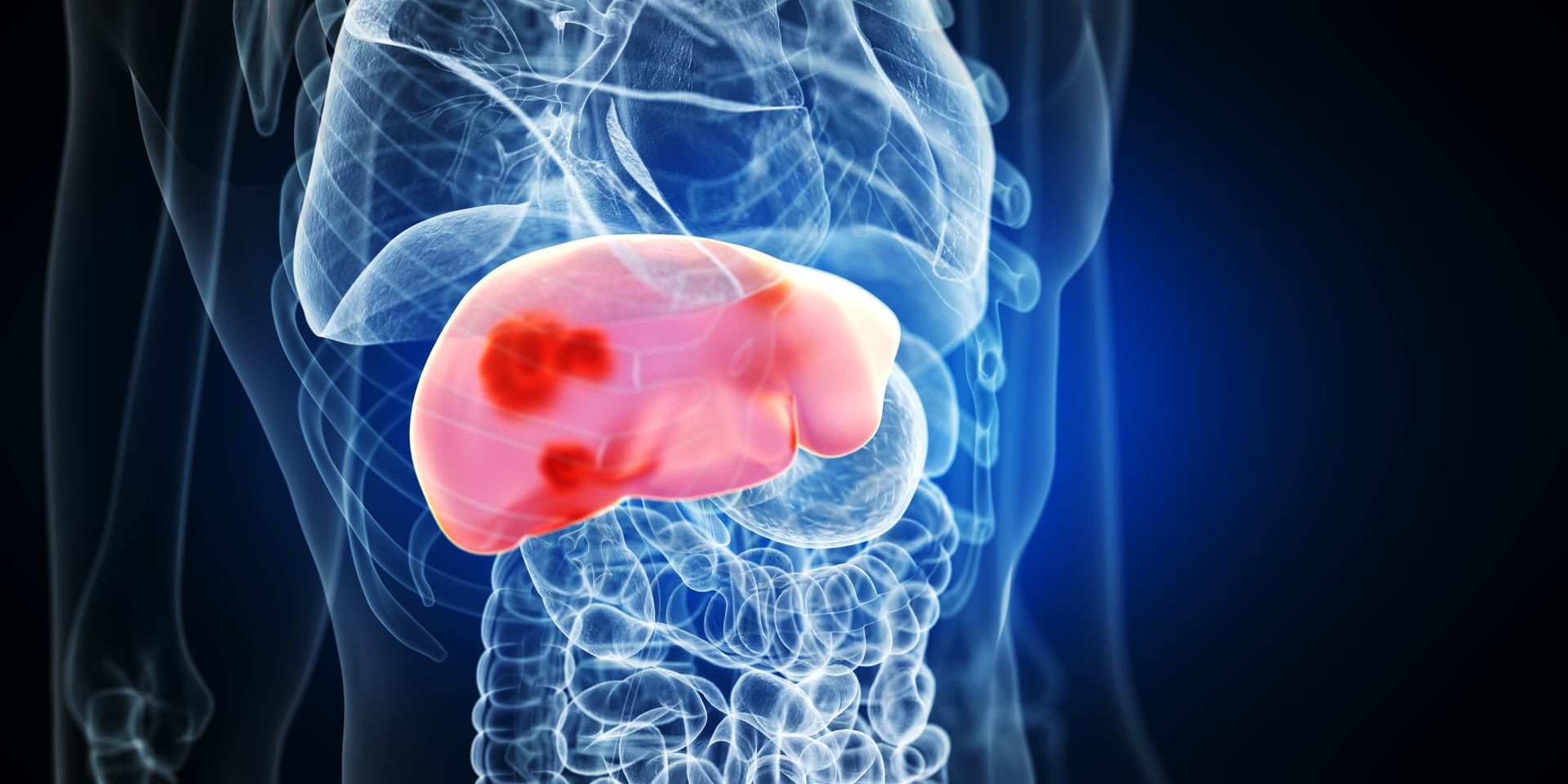The Variety of Conditions and Uses for Biologics and Monoclonal Antibodies
In recent years, biologics and monoclonal antibodies have emerged as groundbreaking therapies that have transformed the landscape of medical treatment. These cutting-edge pharmaceuticals are revolutionizing how we approach various medical conditions, from autoimmune diseases and cancer to infectious diseases and even COVID-19.
Understanding Biologics and Monoclonal Antibodies
Before delving into their various applications, let's briefly define biologics and monoclonal antibodies:
- Biologics: Biologics are complex medications derived from living organisms, including cells, proteins, and nucleic acids. Unlike traditional small-molecule drugs, biologics are large and intricate molecules that target specific proteins or pathways in the body.
- Monoclonal Antibodies: Monoclonal antibodies (mAbs) are a subset of biologics. They are laboratory-engineered antibodies that mimic the immune system's ability to fight pathogens or abnormal cells. These antibodies are designed to recognize and bind to specific proteins, triggering various therapeutic effects.
Diverse Applications of Biologics and Monoclonal Antibodies
- Autoimmune Diseases: Biologics have been a game-changer in treating autoimmune diseases like rheumatoid arthritis, psoriasis, and Crohn's disease. They target inflammatory pathways and regulate the immune system's response, relieving patients and improving their quality of life.
- Cancer: Monoclonal antibodies have shown remarkable success in treating various cancers. Drugs like trastuzumab (Herceptin) and rituximab (Rituxan) target specific cancer cells, inhibiting their growth and promoting the immune system's response against cancer.
- Infectious Diseases: Monoclonal antibodies have been developed for infectious diseases like HIV and COVID-19. They can neutralize the virus, prevent it from entering cells, or block its replication, reducing the severity of the infection and improving patient outcomes.
- Respiratory Conditions: Biologics have provided new hope for individuals with severe asthma and chronic obstructive pulmonary disease (COPD). These medications target specific inflammatory pathways, reducing exacerbations and hospitalizations.
- Neurological Disorders: Biologics have shown promise in treating neurological conditions like multiple sclerosis. They modulate the immune system's response to protect the central nervous system, slowing disease progression.
- Transplantation: Monoclonal antibodies play a vital role in organ transplantation by preventing graft rejection. They inhibit the immune system's response against the transplanted organ, increasing the chances of a successful transplant.
- Oncology: In cancer treatment, biologics can be used alongside traditional chemotherapy to enhance its effectiveness or minimize side effects. This combination therapy approach is increasingly common in oncology.
- Rare Diseases: Biologics have opened new possibilities for treating rare genetic disorders by replacing missing or defective proteins, improving patients' health and quality of life.
- Allergies: Monoclonal antibodies have been developed to target specific allergy triggers, relieving individuals suffering from severe allergic reactions.
Biologics and monoclonal antibodies represent a remarkable advancement in medicine, offering targeted and effective treatments for various conditions. Their diverse applications range from autoimmune diseases to cancer and infectious diseases. These therapies have the potential to significantly improve patient outcomes, reduce side effects, and transform the way we approach complex medical conditions. As research and development in this field continue to expand, the future holds even more exciting possibilities for using biologics and monoclonal antibodies in healthcare.









